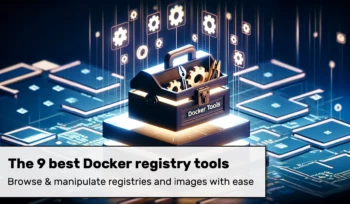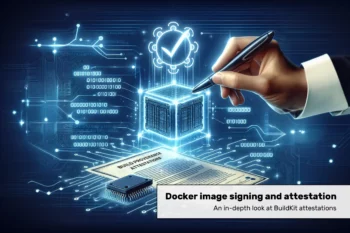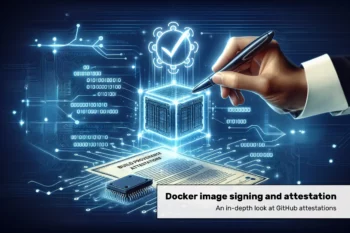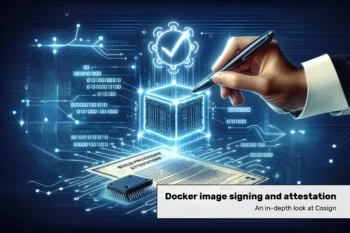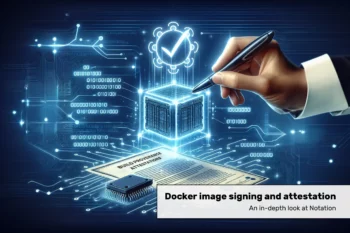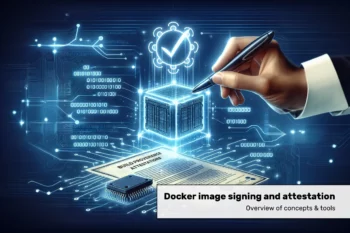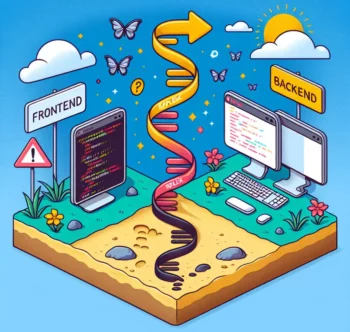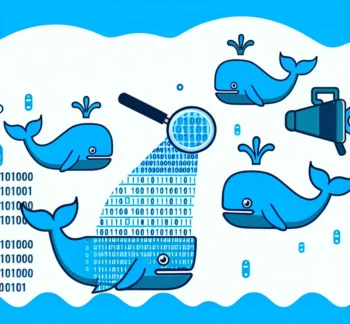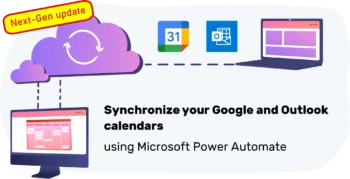Welcome to my home page
This is the place where I publish articles about my findings and progress in the awesome world of technology and beyond! Also, check out my projects or get in touch.
My latest articles //
The 9 best Docker registry tools
This article explains the best Docker registry tools for browsing registries/images and manipulating/copying images. It comes with elaborate feature comparison tables. I also explain use cases that illustrate why and when you should use these tools. The analyzed tools include Skopeo, Regctl, ORAS CLI, crane, and many others. Finally, I provide a list of temporary registries you can use as…
Docker image attestation with BuildKit and its caveats
This article takes a detailed look at BuildKit‘s attestation feature, one of several options for creating and verifying attestations for Docker images. Introduction BuildKit, the image builder used under the hood by “docker build”, can create attestations for the Docker image that it builds, uploading these attestations to the image registry (as JSON manifests) as part of the manifest of…
Docker Image attestation with GitHub attestations
This article takes a detailed look at GitHub’s attestation feature, one of several options for creating and verifying attestations for Docker images and files.
Docker Image signing and attestation with Cosign
This article takes a detailed look at Cosign, one of several tools for creating and verifying Docker images and adding attestations such as build provenance.
Docker Image signing with Notation
This article takes a detailed look at image signatures created by Notation, which is one of several tools to create and verify Docker images.
Docker Image signing and attestation – overview of the 5 best tools
This article provides an overview of available options to a) sign and verify Docker/container images and b) create image attestations. It compares the tools Docker Content Trust, BuildKit attestations, Notation, Cosign, and GitHub attestations. The basic terms and concepts are explained, and it concludes with recommendations for which tool is most suitable per use case.
Are full stack web frameworks worth it?
Full stack web frameworks, like Reflex (Python) or Vaadin (Java), enable backend-focused developers to build web applications, including the frontend UI, using a backend language like Java. These frameworks include a (large) UI component library and require no knowledge of frontend technologies. However, using such frameworks comes with major caveats that should give you pause and think before using them….
Unexpected Docker Hub rate limit for HEAD requests
For developers who directly call the Docker Hub APIs, this article sheds light on how Docker Hub handles rate limiting, particularly for HEAD requests. Here, the behavior differs in unexpected ways from the well-known image pull rate limits.
Detecting Docker image version tag updates easily
This article explains how to use my open-source Docker Tag Monitor website to determine how frequently the maintainers of a Docker image rebuild specific image version tags. It also explains why the image rebuild frequency matters when choosing the best (base) image.
Next-Gen calendar sync for Outlook and Google
Having multiple calendars that are not synchronized often causes scheduling issues. To solve this problem, I built a completely new Next-Gen Microsoft Power Automate flow that synchronizes Outlook with Outlook, Outlook with Google, or Google with Google calendars. The flow is free and open-source, but requires a Power Automate Premium plan. Here I explain how it works and how to…

